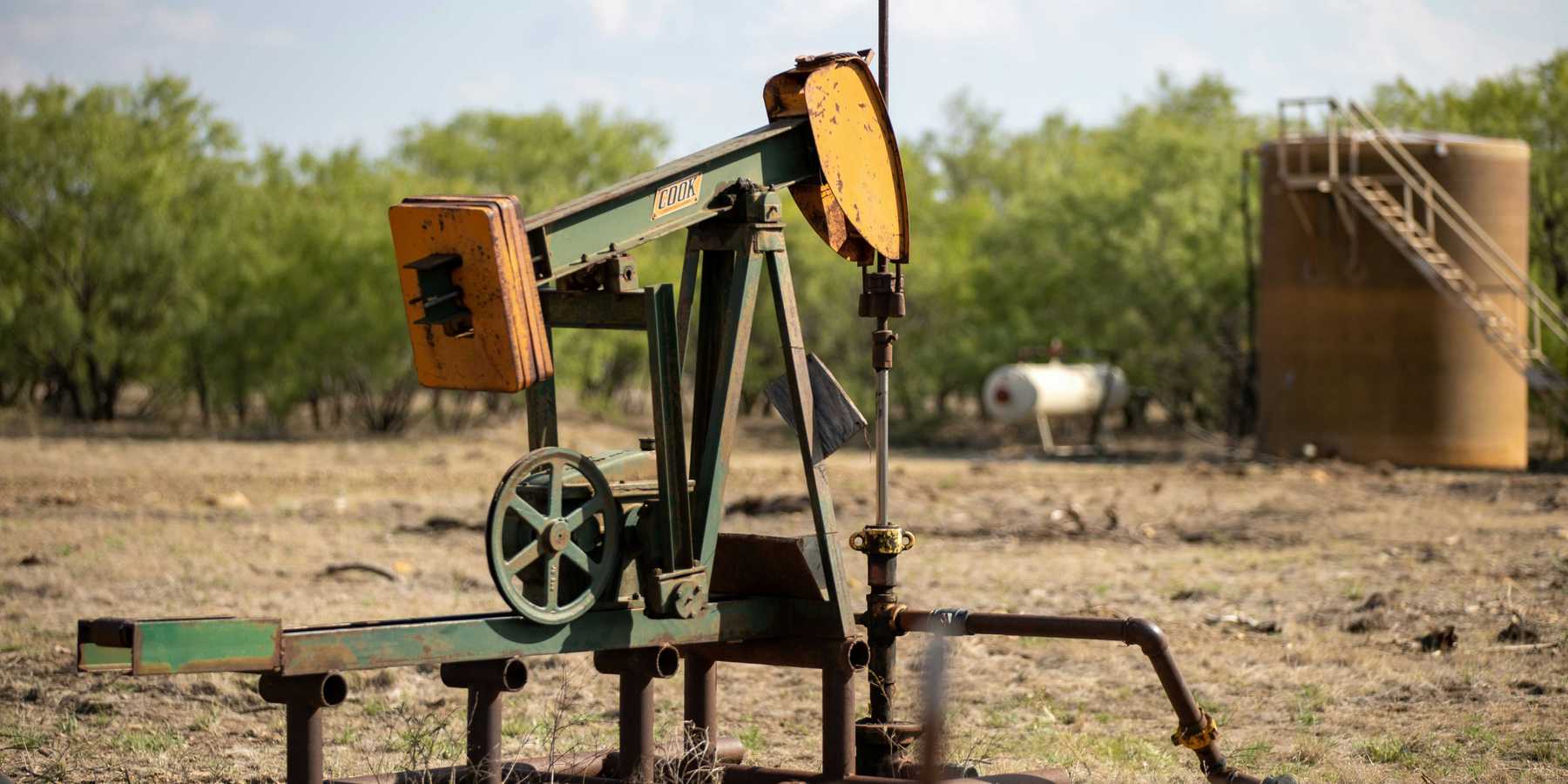26 June 2024
Rising sea levels may force millions to relocate by 2050
Millions of Americans could see their daily lives disrupted by frequent flooding due to rising sea levels by 2050, a new study warns.
Nina Lakhani reports for The Guardian.
In short:
- Almost 1,100 critical infrastructure assets in the US face the risk of monthly flooding by 2050, with 934 at risk every other week.
- Coastal communities, including California and Florida, need urgent resilience measures or relocations to avoid becoming unlivable.
- Disadvantaged communities, with higher proportions of Black, Latino, and Native American residents, are most at risk.
Key quote:
“Failing to prioritize resilience solutions in these communities risks reinforcing the harmful legacy of environmental racism and colonialism in places already grossly underserved and overlooked.”
— Juan Declet-Barreto, senior social scientist for climate vulnerability at UCS
Why this matters:
Rising sea levels will increasingly threaten homes, schools, and vital infrastructure, especially in marginalized communities. Without urgent action, the frequency and severity of floods will worsen existing social inequalities and force mass relocations.













